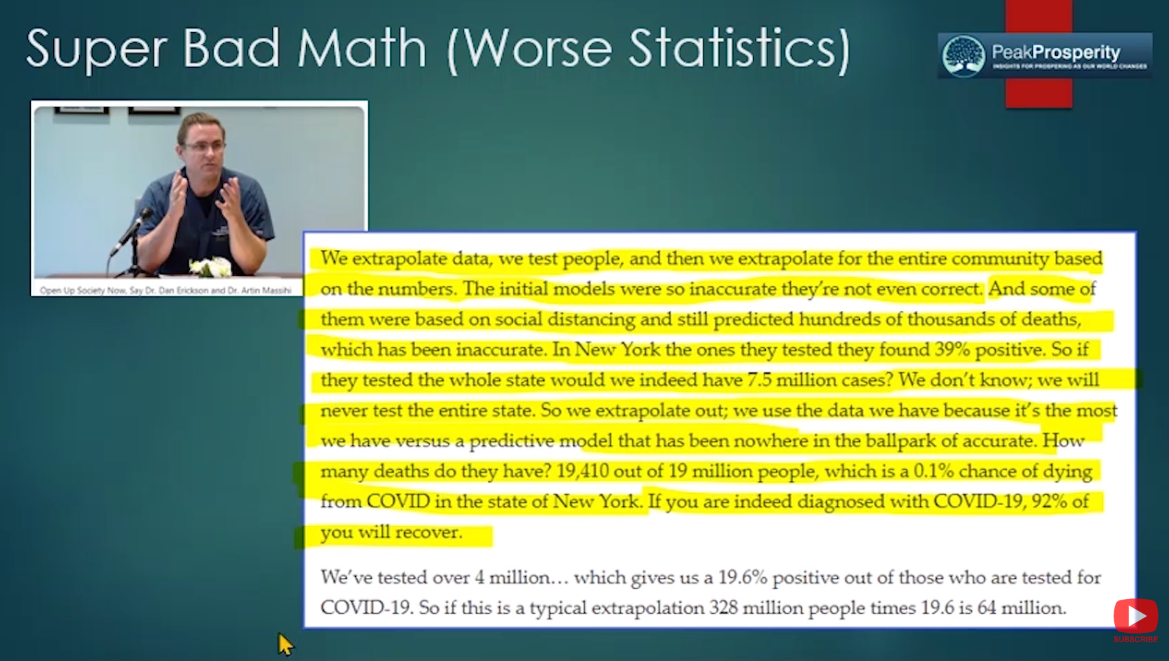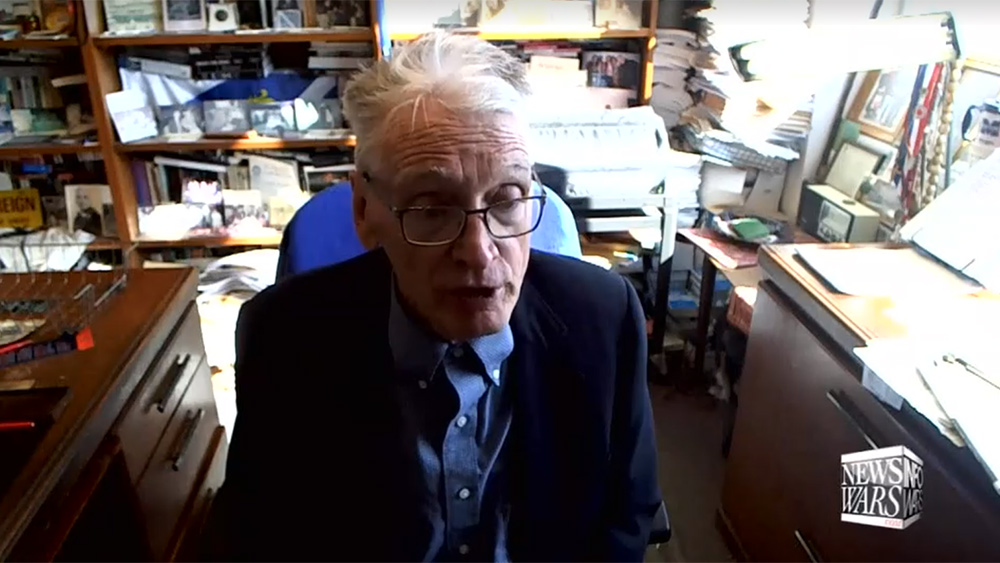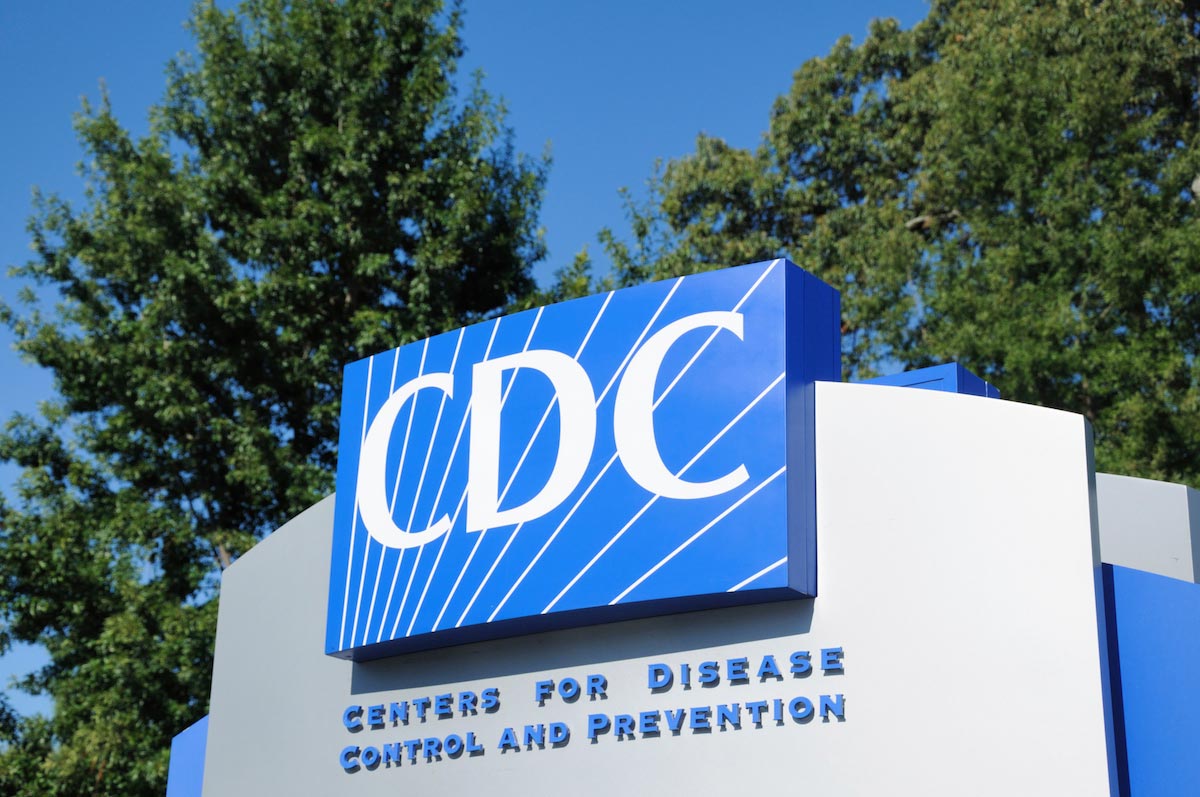The Lancet used fake science to attack hydroxychloroquine and President Trump
06/10/2020 / By Isabelle Z.

After the common anti-malarial drug hydroxychloroquine proved effective in treating coronavirus patients, President Trump heralded the drug and even said he was using it himself as a preventive measure.
Of course, it didn’t take long for the mainstream media to find ways that the President must be wrong about this. They could barely conceal their glee as they reported extensively on a large study printed in The Lancet that concluded the drug raised the risk of death among COVID-19 patients.
Now, in a huge turnaround that isn’t that surprising to the many experts who spotted the flaws in the study from a mile away, the journal has pulled the study and three of its four authors have issued an apology, saying that they were concerned about the quality and veracity of the data used for the study.
The World Health Organization will now resume the trials it had stopped in response to the study, and dozens of other trials will also now be resumed.
The three authors who have apologized, Amit N Patel, Frank Ruschitzka, and Mandeep R Mehra, said that the company that provided the data for the study, Surgisphere, refused to transfer the dataset used for an independent review and that they can therefore “no longer vouch for the veracity of the primary data sources.”
They also issued an apology, saying: “We deeply apologise to you, the editors, and the journal readership for any embarrassment or inconvenience that this may have caused.”
The fourth author involved, Dr. Sapan Desai, who is the chief executive of Surgisphere, would not comment on the retraction and did not apologize.
A study using Surgisphere data in the New England Journal of Medicine was also retracted for this reason, and The Lancet said that reviews of the research collaborations involving Surgisphere were needed urgently.
The study had already been corrected last week due to incorrect location data.
Study was a “political hit job”
Speaking to Tucker Carlson of Fox News, New York University Langone Medical Center Associate Professor of Medicine Dr. Marc Siegel said The Lancet study was a “political hit job.”
UK Center for Open Science Psychology Professor Chris Chambers said that as two of the world’s most prestigious medical journals, the New England Journal of Medicine and The Lancet should be investigating how those studies made it through editorial checks and peer review.
He told Reuters: “The failure to resolve such basic concerns about the data” raises “serious questions about the standard of editing.”
The study published in The Lancet was an observational one that claimed to involve 96,000 hospitalized patients with COVID-19, some of whom had been treated with hydroxychloroquine.
It claimed to find that the people who were given hydroxychloroquine or chloroquine, a related drug, had a higher risk of heart rhythm problems and death than those weren’t given the medications.
However, Professor Mehra, the lead author, said in a statement: “I did not do enough to ensure that the data source was appropriate for this use. For that, and for all the disruptions – both directly and indirectly – I am truly sorry.”
More than 100 doctors had signed an open letter to the journal questioning the article’s conclusions and asking them to reveal the comments from the peer review process, and many scientists had been expressing serious reservations about the study.
An investigation of Surgisphere carried out by The Guardian found that the hospitals in Australia whose data would have been needed for the Australian patient numbers had never even heard of them and did not participate in any such database.
The company itself has a very minimal online presence, and its listed employees do not have serious backgrounds in data or science.
So what’s really going on here? It’s pretty clear that the company is just fabricating data that Big Pharma can use to paint unprofitable drugs like hydroxychloroquine in a bad light and convince the world we need their expensive and risky medications and vaccines instead. But perhaps worst of all, we will never know how many people who died from COVID-19 in recent months may have been saved had this fraudulent study not raised alarm bells about this effective medicine.
Sources for this article include:
Tagged Under: Big Pharma, deception, hydroxychloroquine, liars, lies, new england journal of medicine, pandemic, retraction, The Guardian, The Lancet, Trumo
RECENT NEWS & ARTICLES
COPYRIGHT © 2017 SCIENCE CLOWNS



















